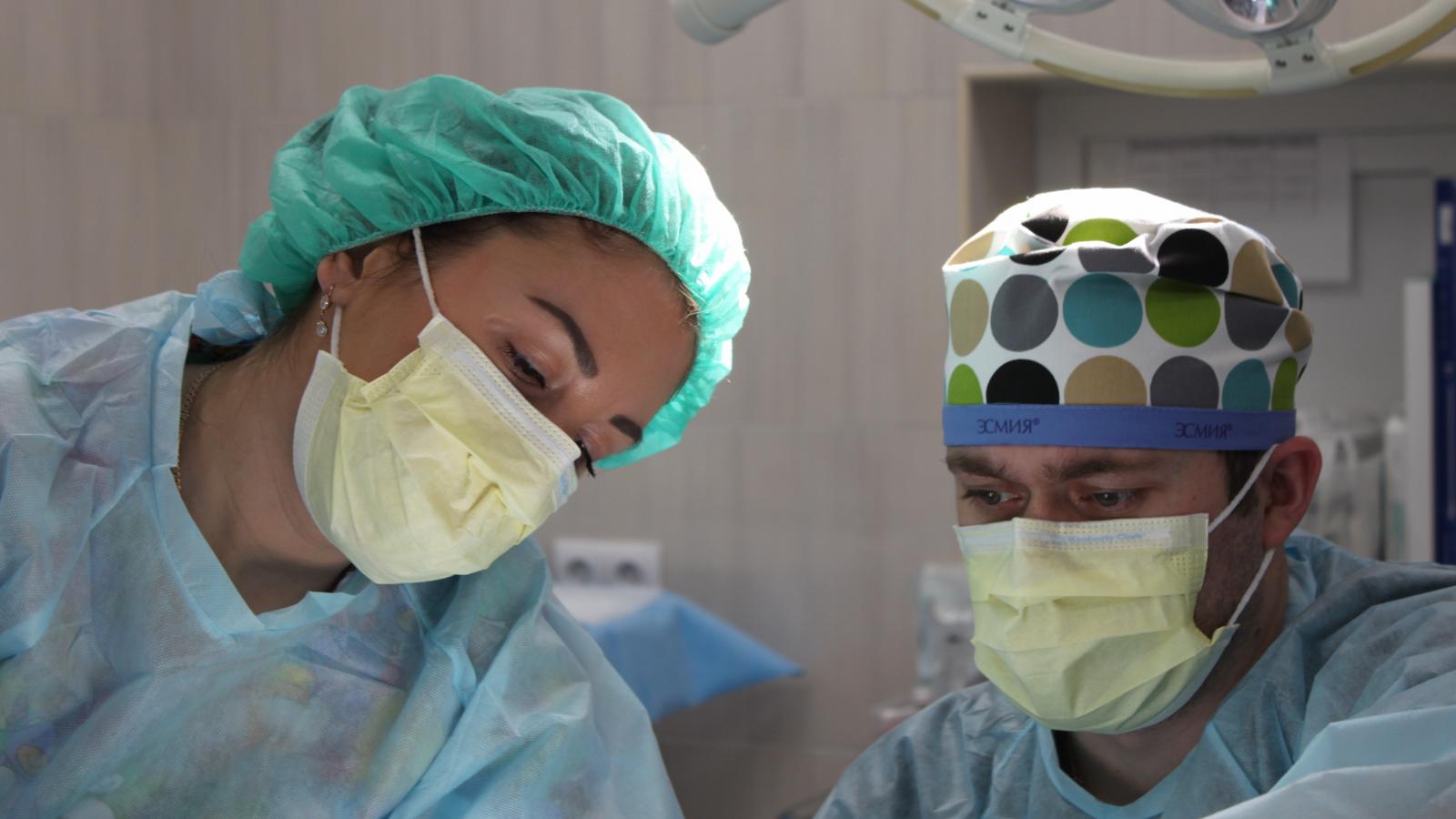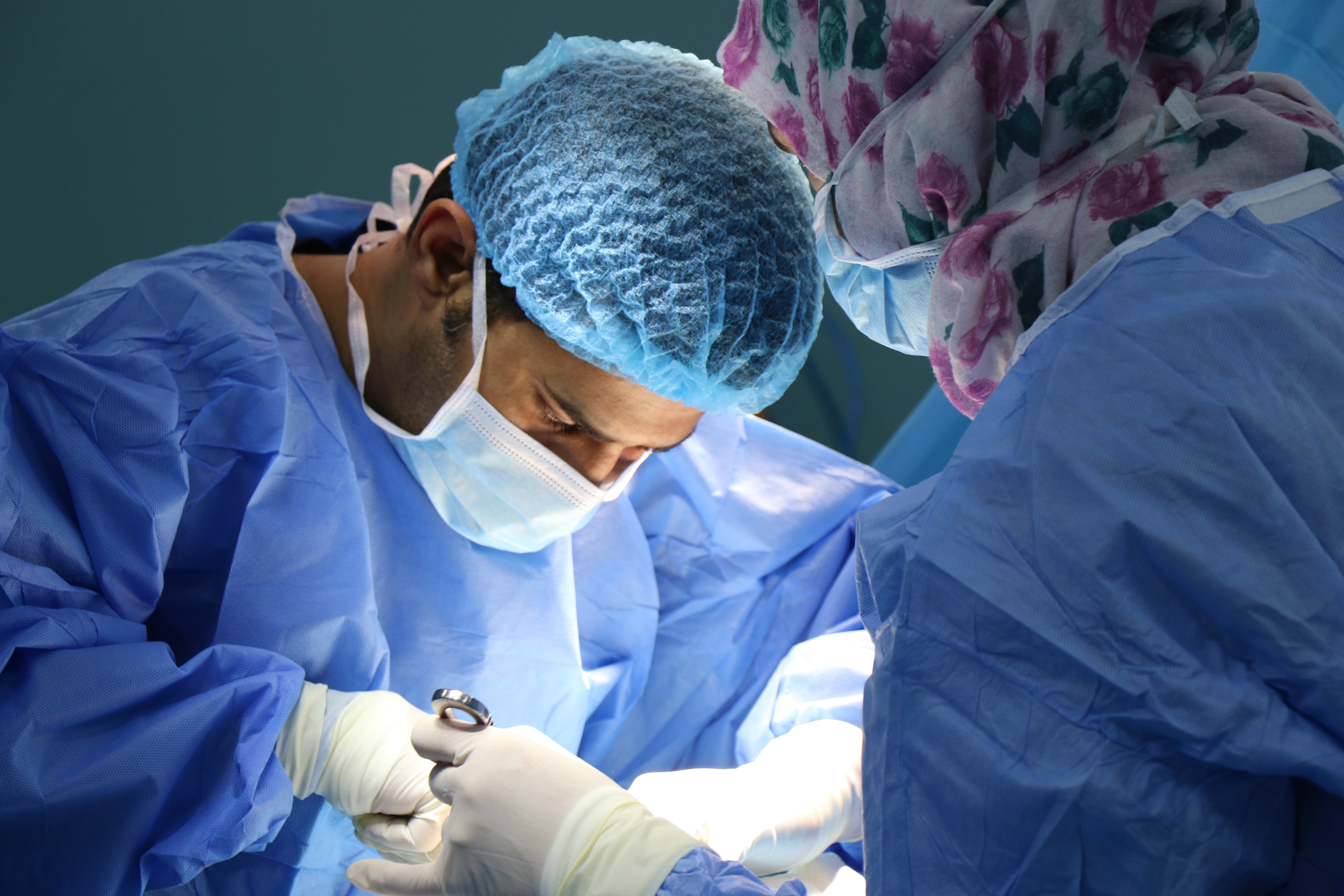Side-effects of cervical cancer surgery

General side-effects
With all surgeries there is a small risk of bleeding and infection. Read more about recovering from surgery and general side-effects of surgery.
Bladder side-effects
You might find it is hard to empty your bladder if you’ve had a radical hysterectomy. You may have a tube (catheter) to drain your bladder for a day or two after surgery.
After the tube is removed, your bladder may still be slow and need to be emptied with a catheter on and off.
Bowel side-effects
You may get constipated, as your bowels may be sluggish after surgery. You may need to take a laxative for a few months. Read more about constipation
Risk of blood clots
Surgery in your pelvis puts you at risk of clotting in the deep veins of your legs and body. This is called deep vein thrombosis (DVT).
You may be given injections to prevent this for a month after surgery. You or a member of your family will be invited to learn how to give the injection. It is very easy.
Getting up and about and exercising your legs is most important in preventing DVT.
Lymphoedema
Lymphoedema is a build-up of fluid in your legs, which can make them swell up. This can happen any time after your surgery if your lymph glands are removed. When the glands are removed, they can no longer drain away excess fluid in your body. Read more about lymphoedema.
Other complications
Very rarely, serious complications happen after radical surgery. These can include leakage from the bladder or bowel or narrowing of the tubes that bring the urine from the kidneys to the bladder. You may need more surgery to help these problems.
Fertility
If you have a hysterectomy, you will no longer be able to have children. This can be very difficult to deal with and you may need extra support to cope.
If you have a radical trachelectomy, you may be able to get pregnant and have children, but you will need special antenatal care. The baby will also need to be delivered by Caesarean section.
If you have a cone biopsy, this can weaken the cervix. If you become pregnant, talk to your doctor or obstetrician about this.
Talk to your doctor if you hope to have children after this surgery. You can read more about fertility after treatment for cervical cancer here.
For more information
Phone
1800 200 700



